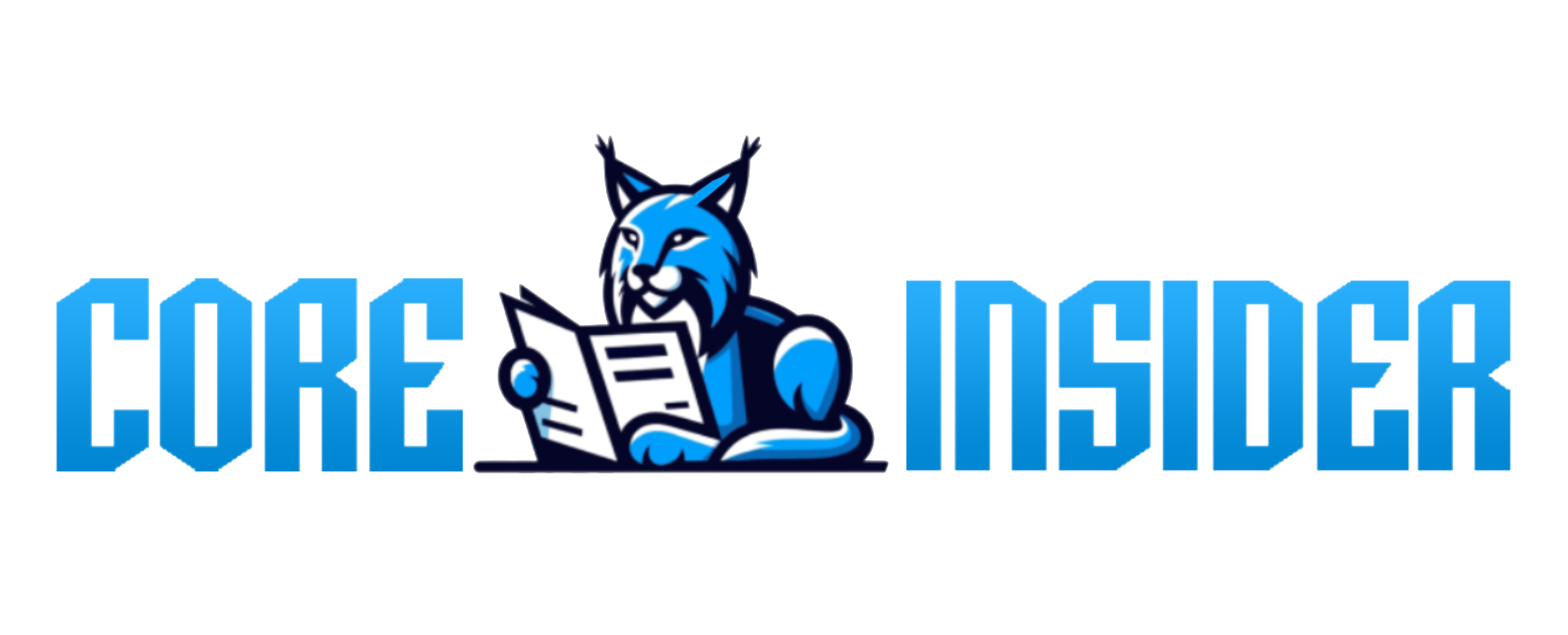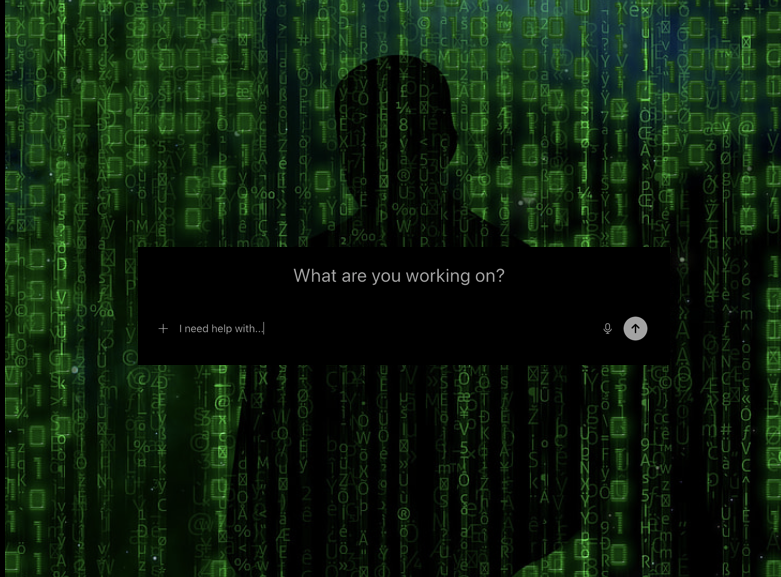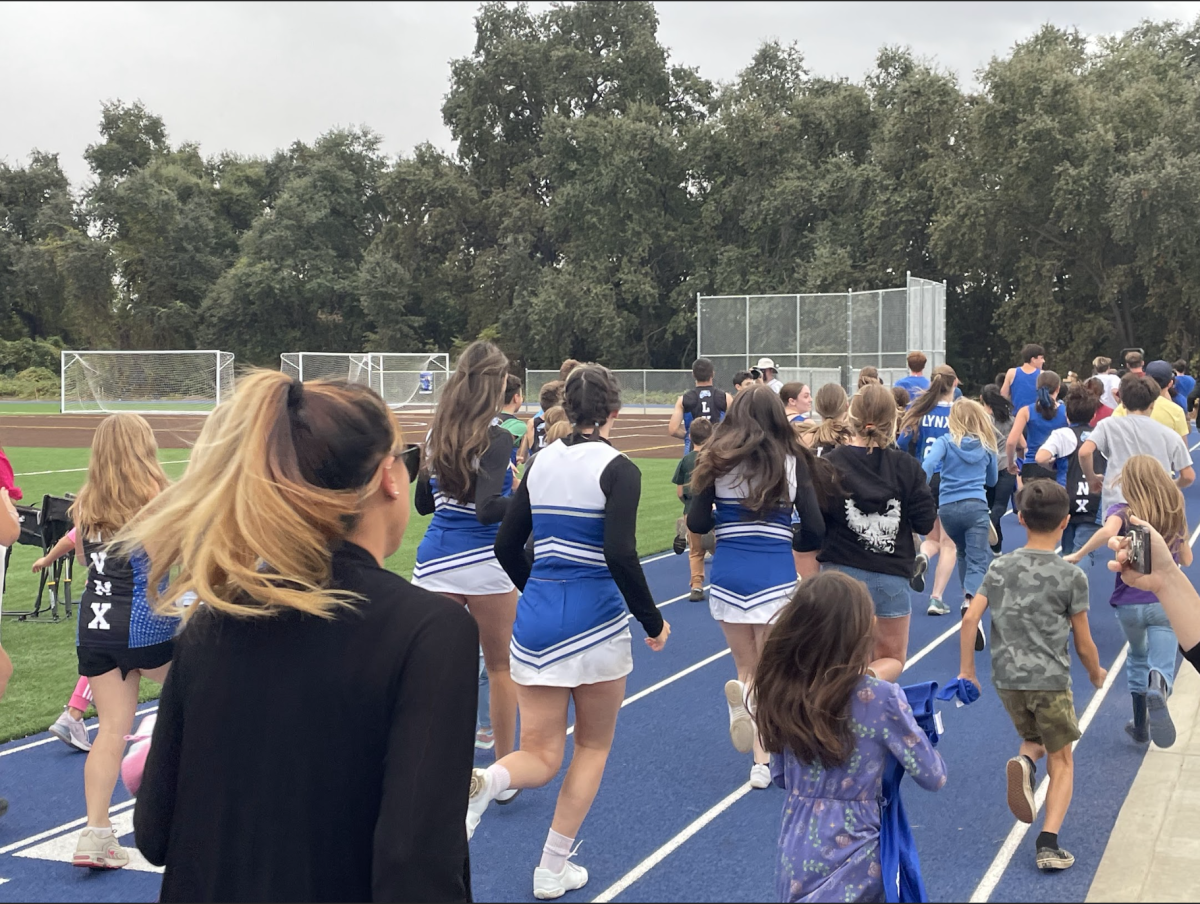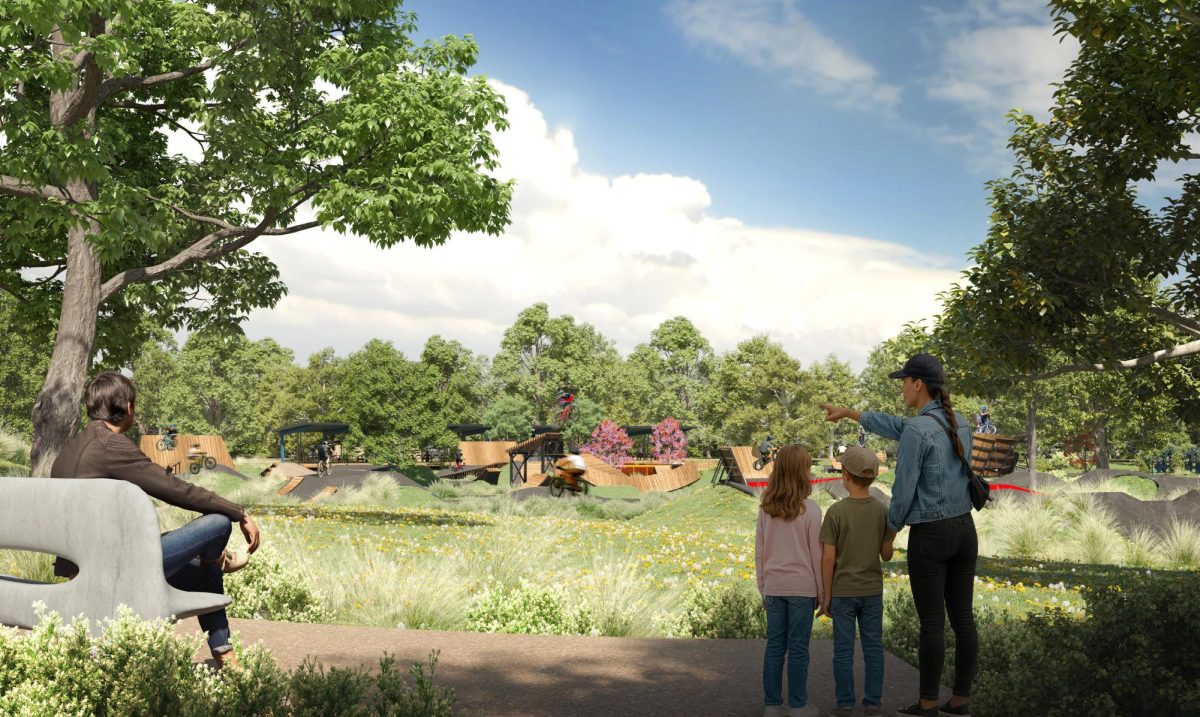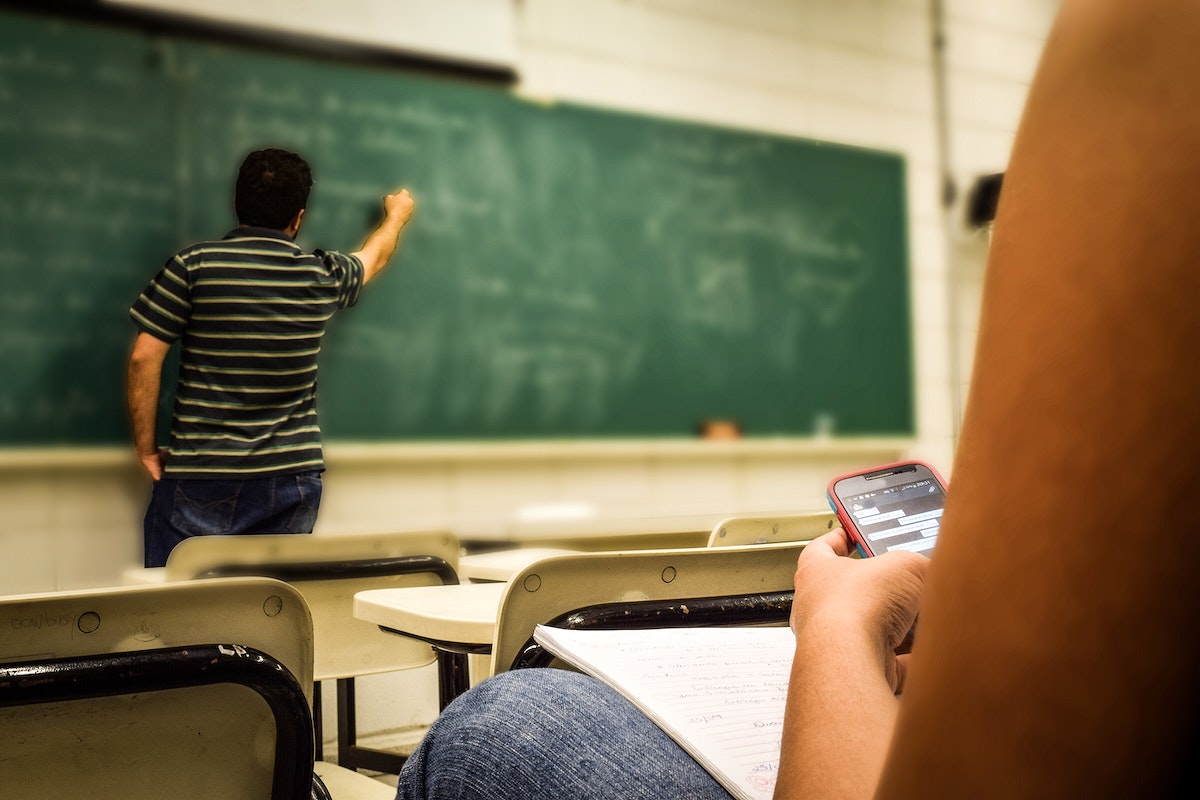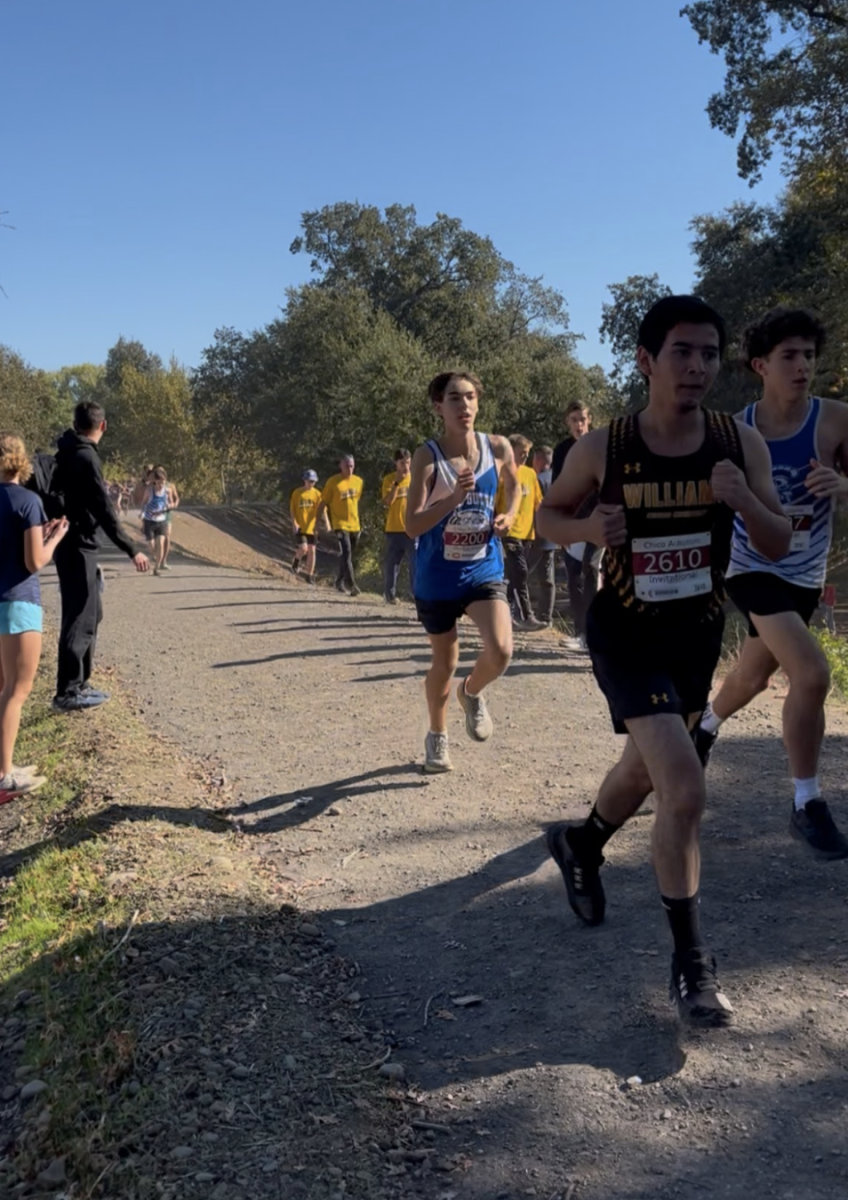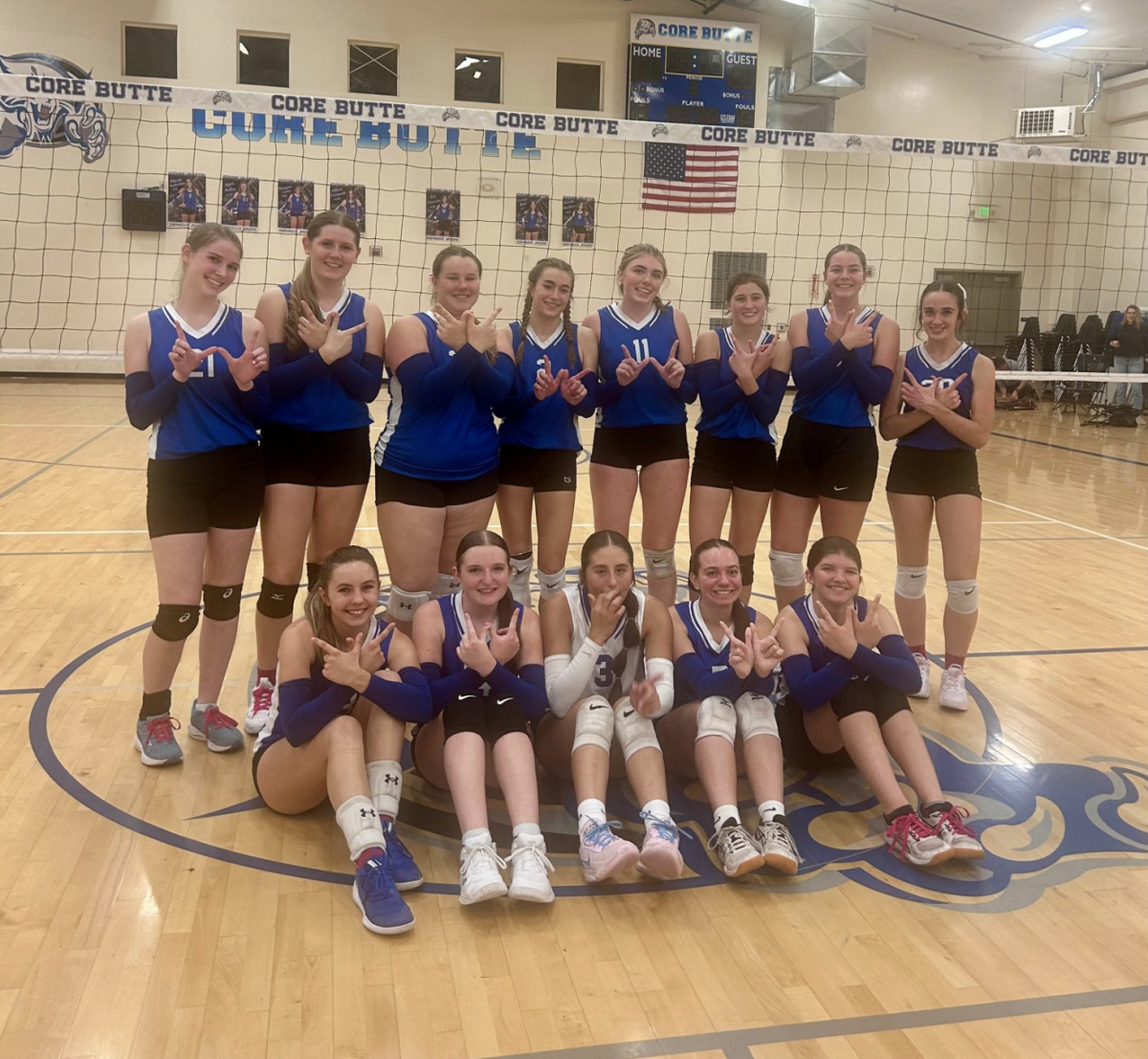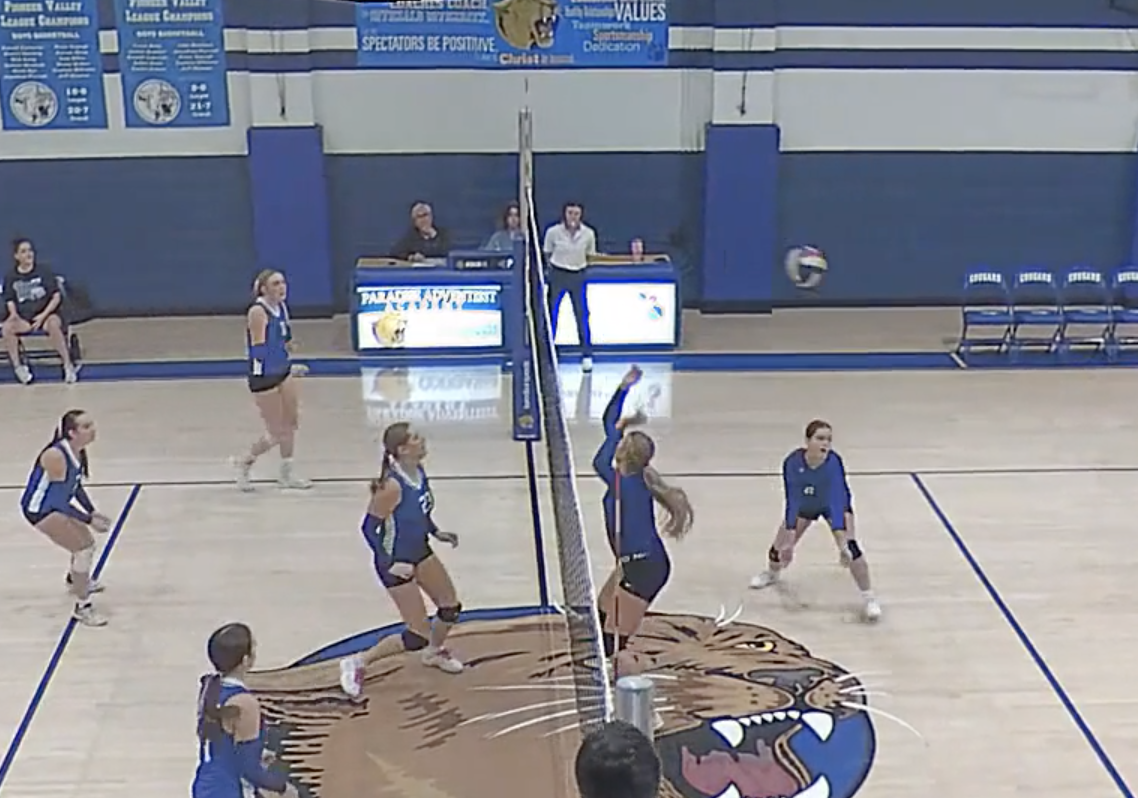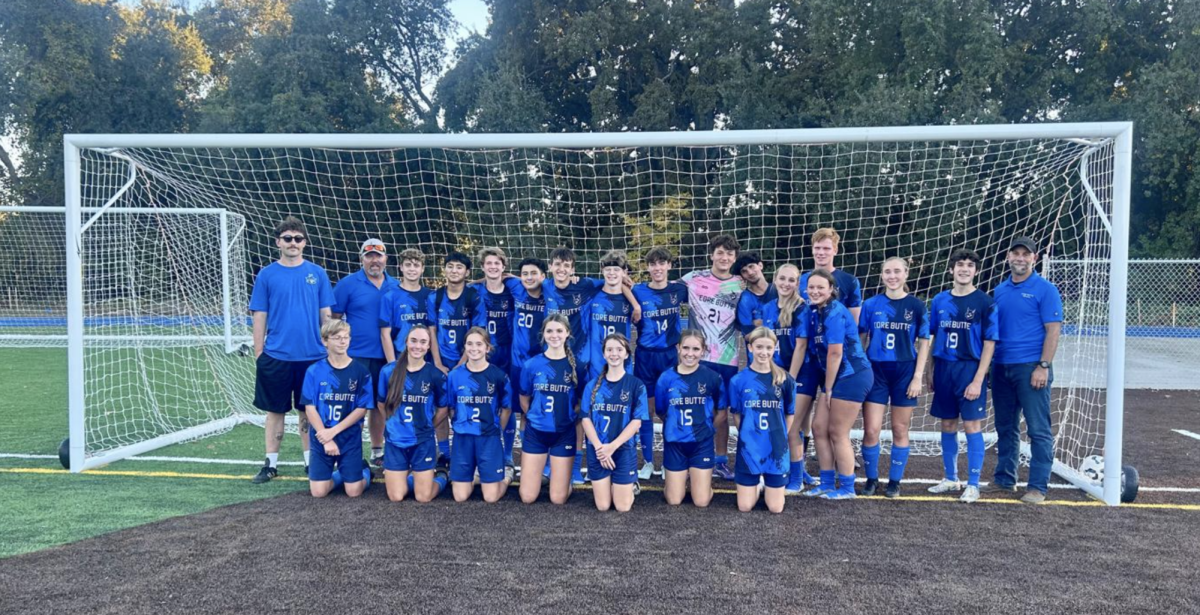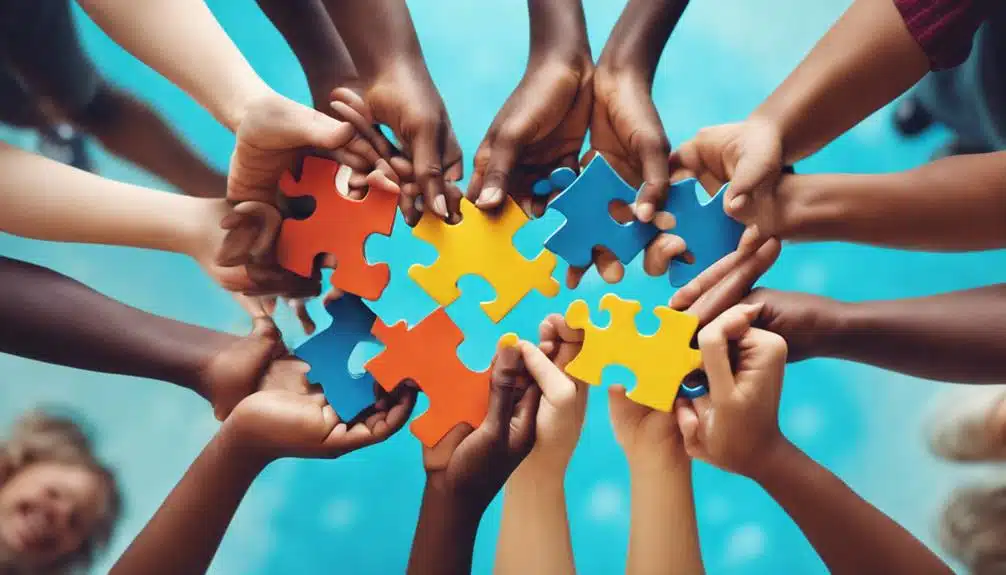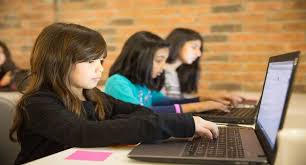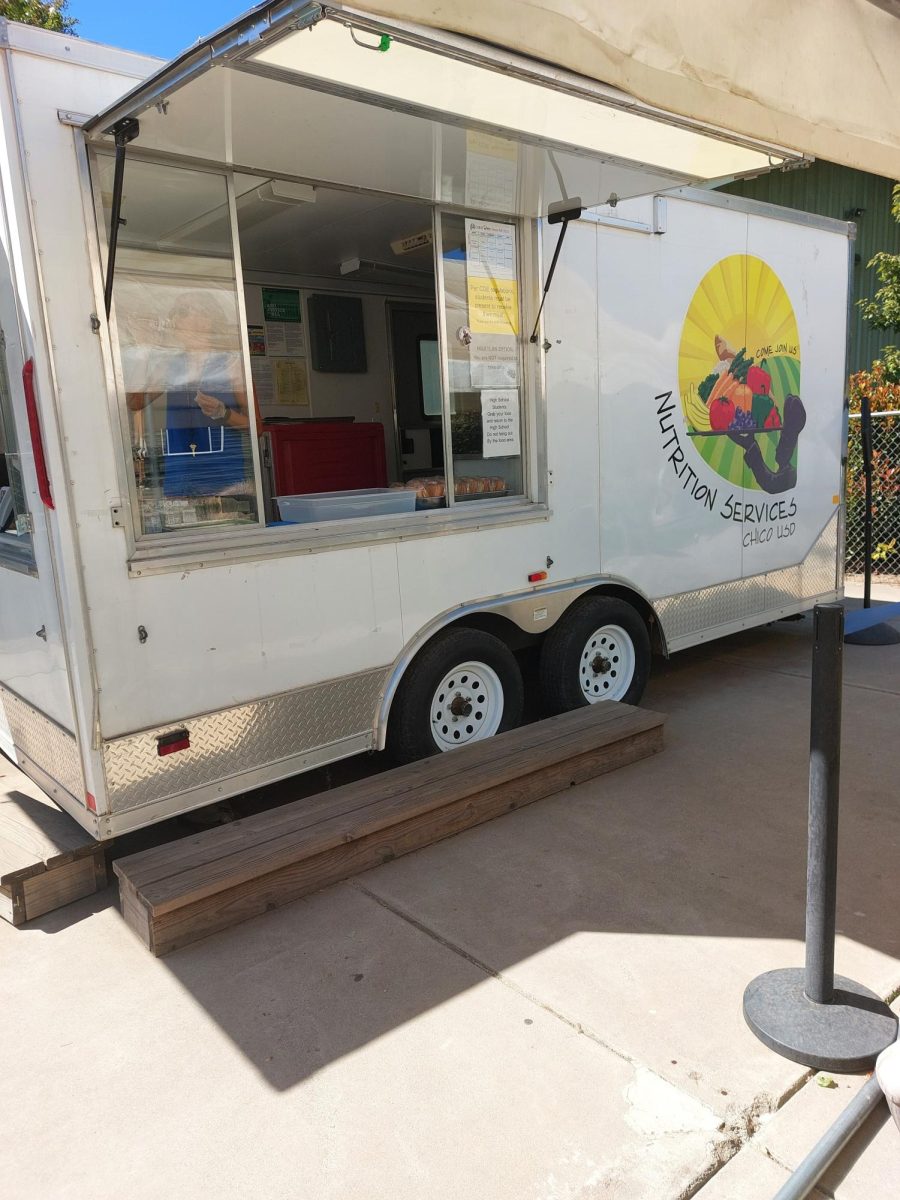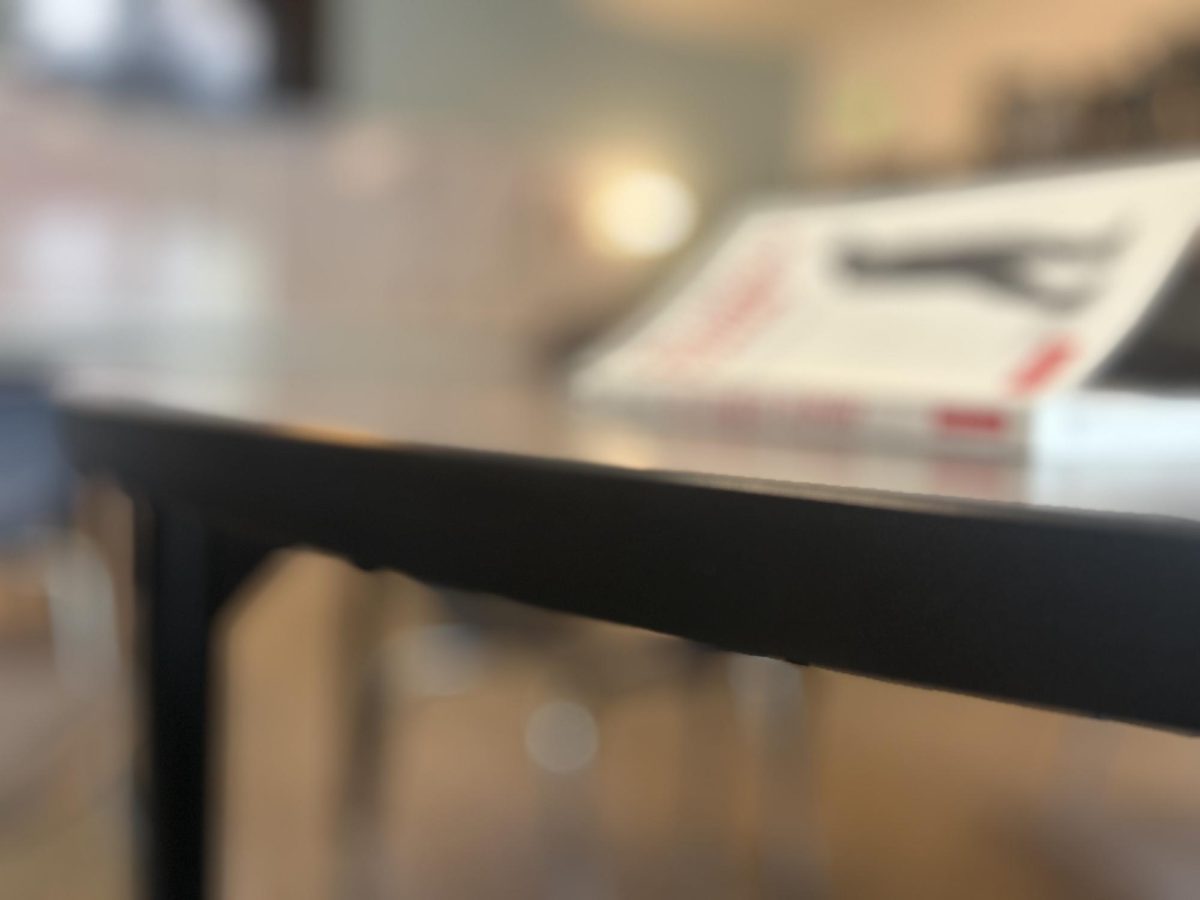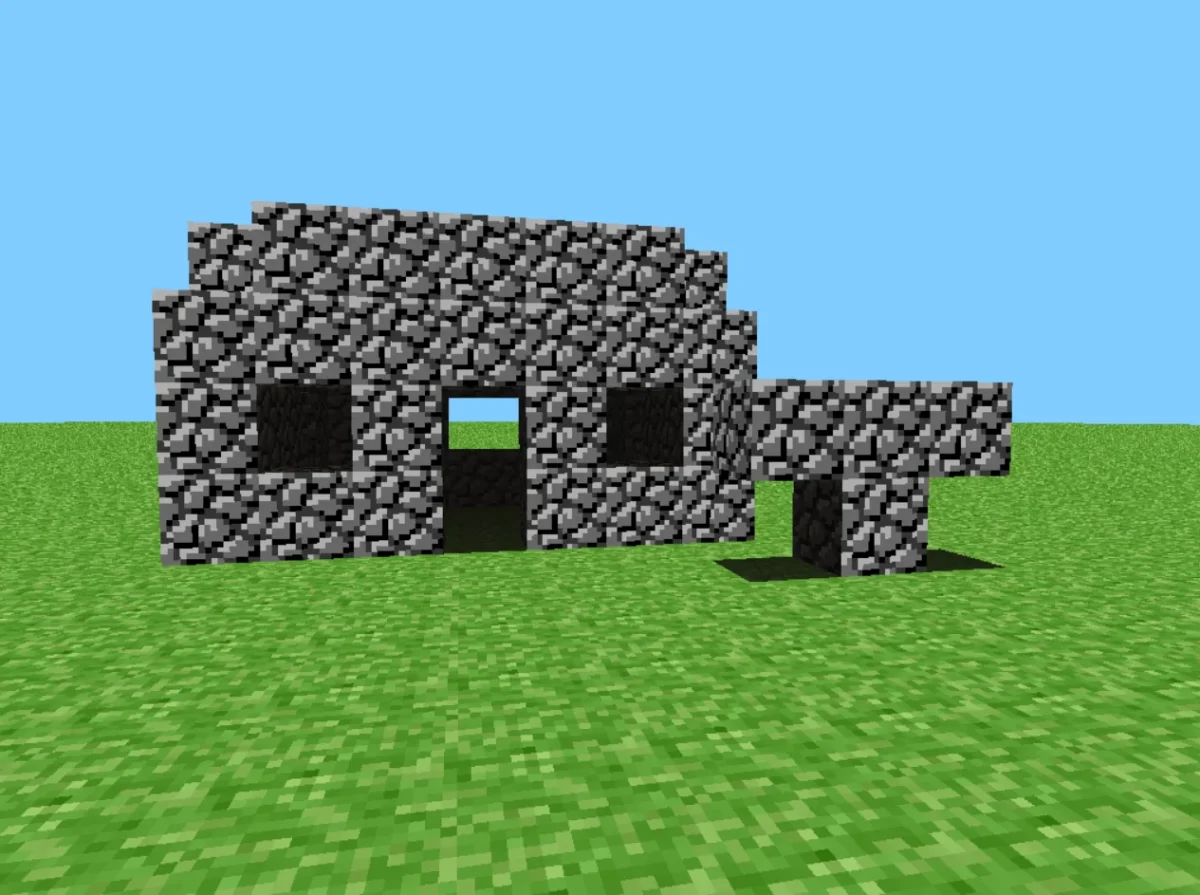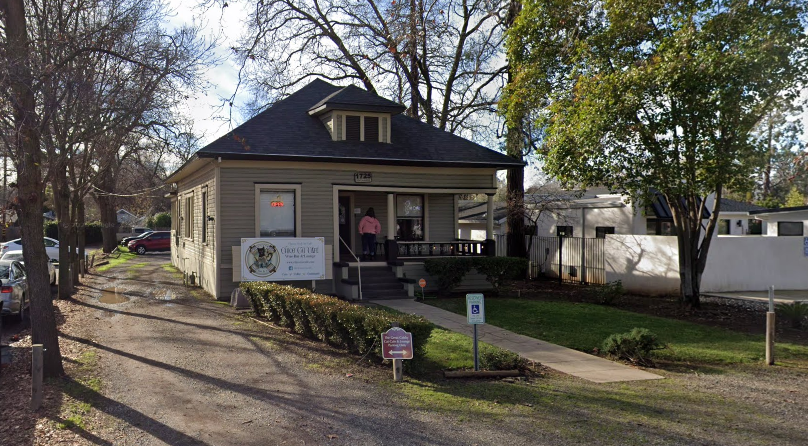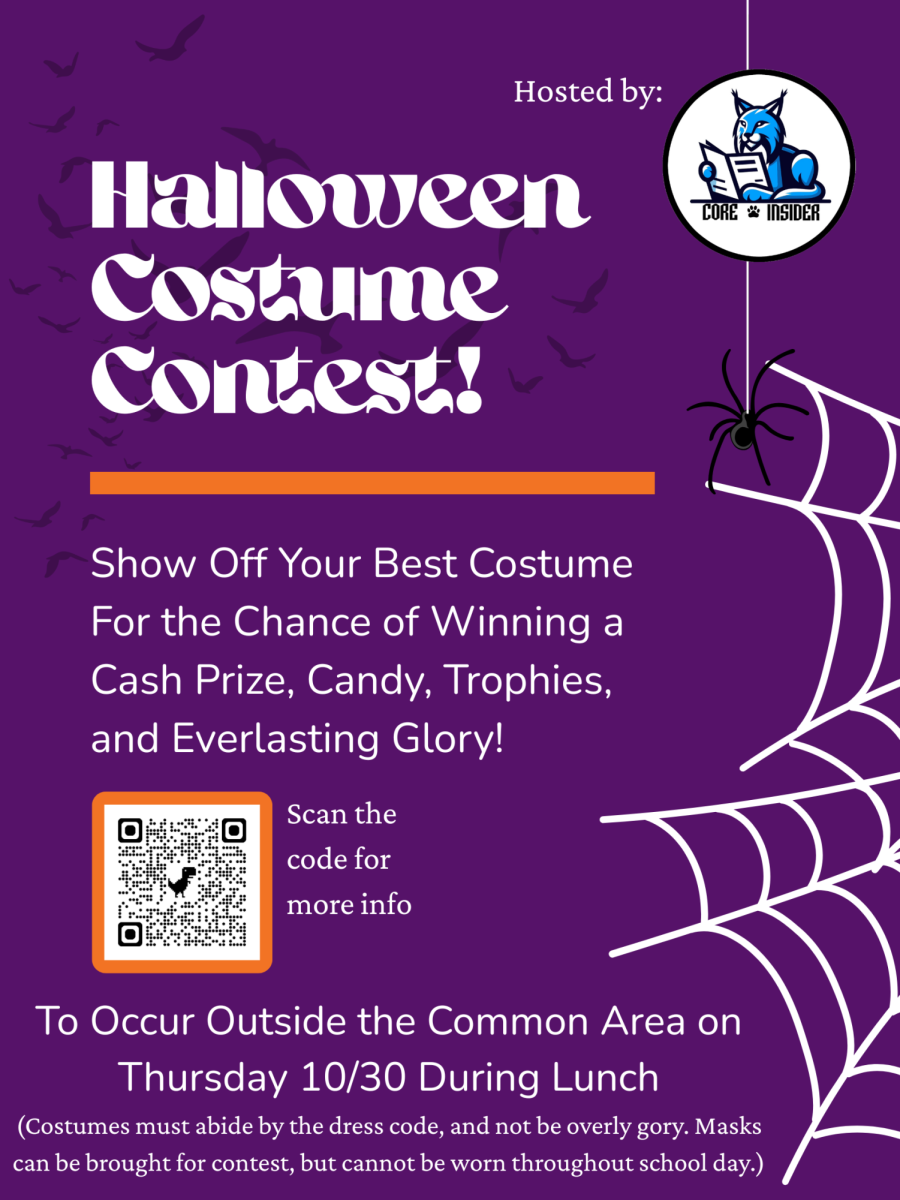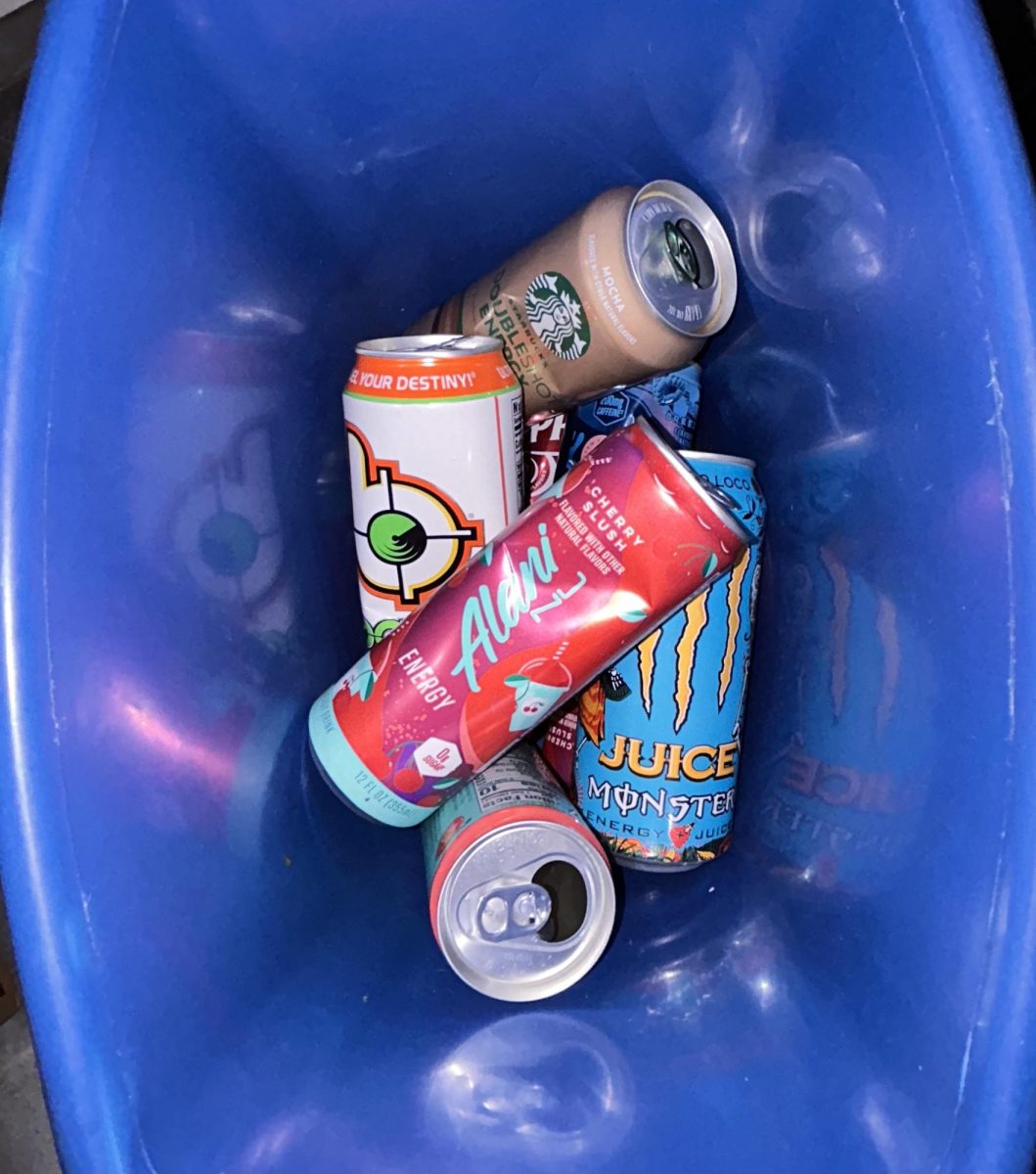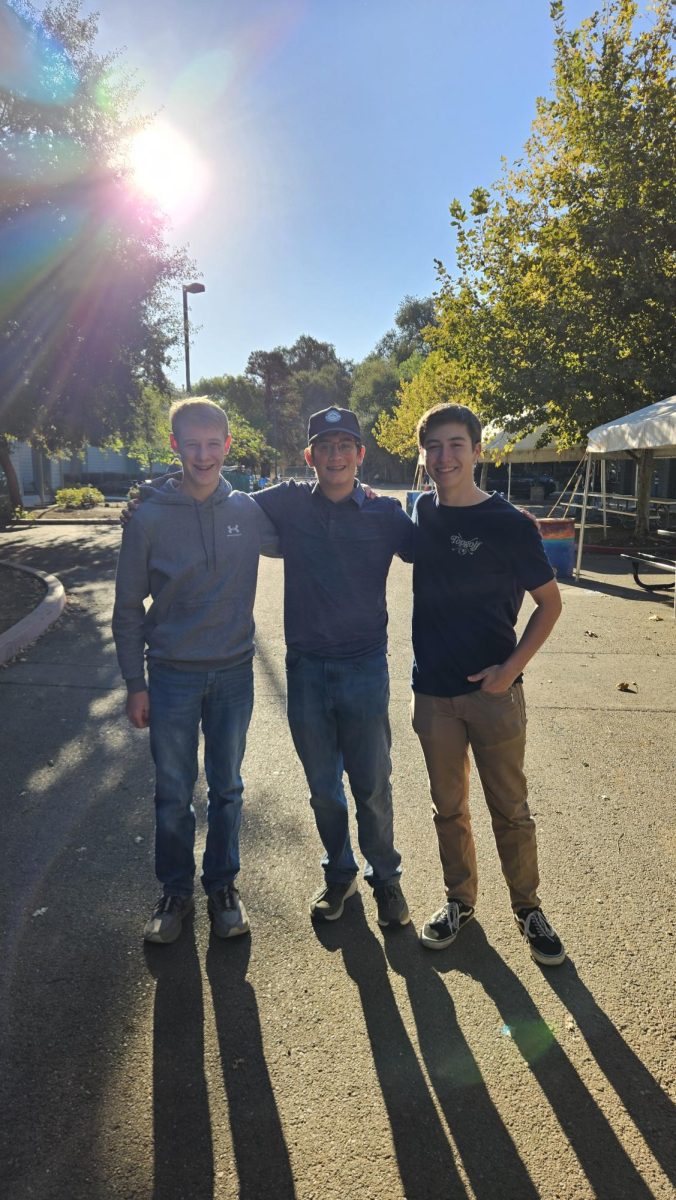Imagine graduating high school with a diploma in hand, having dedicated a majority of your life to this moment, and then realizing you have no idea how to file taxes, create a budget, or even speak confidently in a job interview. Nearly a decade of your life committed to learning, Yet is what we learned even valuable in the real world?
Education is something that many people have very strong opinions on. Some argue that it is the central factor that shapes how our children grow and develop into adults. It influences not only their academic performance but also their values, behavior, and ability to function in society. Due to of its powerful impact, debates often arise about what the focus of education should be – whether our school systems should emphasize a liberal education, which encourages critical thinking and problem-solving. Or, focus more on the practical arts, which teach essential life skills such as filing taxes, managing investments, public speaking, and budgeting.
Each of these perspectives is equally important to present to students, both offer valuable skills necessary for a successful life and career after graduation.
Currently, schools are reaping the benefits of applying the liberal education in their system; however, many fall short when it comes to incorporating practical skills. Schools should prioritise teaching meaningful life skills that help better prepare students for the real world after graduation.
In a typical American school, most curriculum share a common structure. Core subjects like Math, English, Science, and History are required, often followed by other classes such as art, music, foreign languages, and many others. However, there is rarely a strong emphasis on practical skills such as financial literacy, public speaking, or career preparation. Sure, these classes exist, but they are merely an addition you can add if there is extra room in your schedule.
Imagine getting a car on your 16th birthday and, rather than being taught how to drive it, you’re taught about its history and how the parts work. Sure, these are valuable things to know – but unless you first learn how to drive, that knowledge won’t get you very far. We can apply this analogy to how we view education – without one of these skills, the other begins to lose its impact.
“I think a focus too heavy on the liberal arts side leads to knowledgeable people that lack the skills to survive,”: CORE High School principal Matt Harvey says. “And a practical education leads to mistakes that didn’t need to be made because we didn’t learn from our history.” That is, we should bridge the gap between these two learning styles in order to provide a well-balanced education that will efficiently prepare students for the real world.
A controversial issue thats commonly debated is how far schools should go in teaching practical life skills. If schools teach us about taxes, should they also teach about politics? If they cover budgeting, should they also address personal values and lifestyle choices? At a certain point, education risks becoming too intrusive – invading topics that are better left to parents or guardians to decide how and when to teach their children. This is a very compelling argument that many would agree with. Especially since issues such as politics can become very polarizing. However, completely ignoring teaching these skills in fear of going too far is arguably worse. There are still many essential subjects that students need to learn no matter what – subjects that do not interfere with parenting styles or personal family values.
When asked about the topic of education in an interview, CORE Butte ASL teacher and former businessman Ken Noble stated, “We tend to want to push people to college because that’s what the state of California wants us to do.” He went on to say, “That’s what makes a school look good … but unfortunately, I think we’re also leaving a bunch of kids in the dust behind us because they really don’t know what to do with themselves if they don’t go to college” (Noble). Noble argues that by pressuring students to attend college, we often overlook careers that don’t require higher education. As a result, students who are not interested in attending college are left unprepared for the workforce, since high school does little to prepare them with the skills they need to succeed outside of traditional education.
In a 2009 article from Valley Advocate, Dan Gordon explains that, “The ideal education combines practical and liberal elements… But liberal arts majors are increasingly becoming the default majors of mediocre and sub-par students. There is a serious risk that these students will have neither humanistic nor professional skills” (Gordon). Gordon argues that while a liberal education is important, it should be balanced with practical skills such as doing internships, taking advanced technology classes, and attending workshops in career counseling. He also contends that, though liberal arts majors are very common, these students may lack a well-rounded education and employable expertise. While this article is aimed more at college students, it applies to the current topic quite effectively. While this article is aimed more at college students, it applies to the current topic quite effectively. Introducing practical skills at a younger age can help students discover their interests earlier, develop confidence, and make more informed choices about their future careers.
Along with the practical benefits of prioritizing life skills, a study published in the Malaysian Journal of Medical Sciences shows that life skills can also have a positive impact on students’ mental health. The authors write, “Life skills education is one of the intervention programmes designed to improve mental well-being and strengthen their ability to cope with the daily stresses of life” (Mohd et al. 5). This study explains that learning life skills has been shown to reduce symptoms of depression, anxiety, and stress, ultimately supporting students’ overall well-being.
Many people hold different opinions about the purpose of education andWhat it should emphasise – ranging from academic achievement and standardized testing to creativity, personal development, and practical life skills. There are many valid approaches, and no single “right way” to educate. However, by placing greater emphasis on teaching practical arts and essential life skills, we can better prepare students for life beyond the classroom. This ensures they graduate not only with knowledge, but also with the tools needed to handle real-world challenges with confidence.
